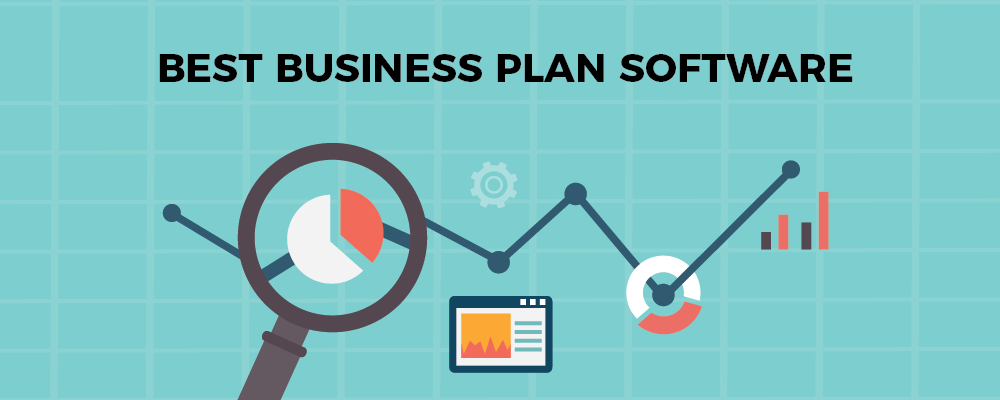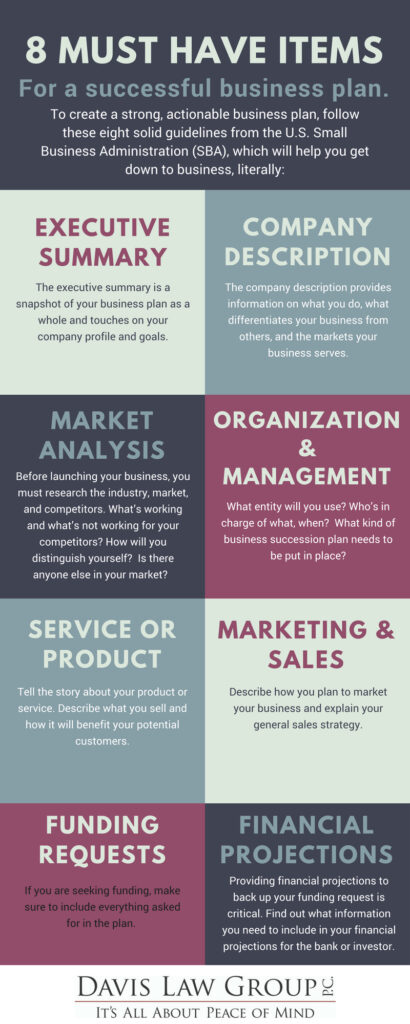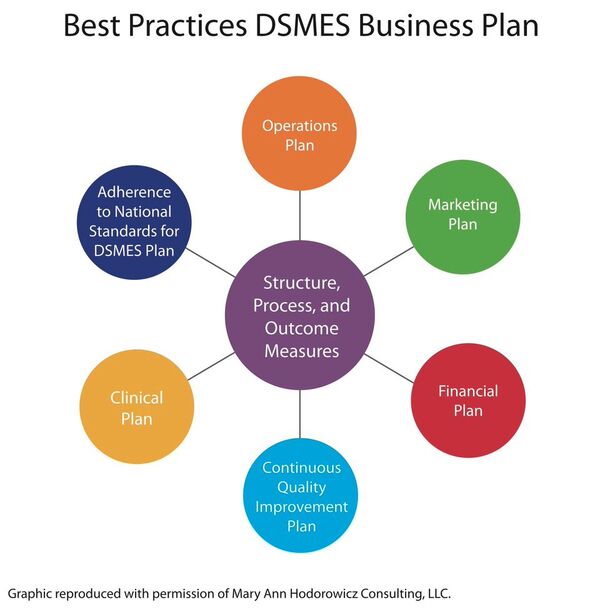
Depending on the type of business you want to open, this section has varying factors. Go over any details or processes that are essential in running your business, as well as any industry specific licences, legalities and taxes that you’ll need to comply with. How many staff will you need and how soon will you need them? 🤷Ĭonsider how you’ll deliver your product or service to the customer and then you can pinpoint the people you’ll need to hire in order to do that. Next, write about the key personnel you’ll need to hire to ensure the smooth running of your business in reaching your objectives.

Have you previously worked in a similar field? Do you have transferable skills that are relevant, or life experience that gives you an edge? Think about the qualifications you have, courses you’ve completed and the ways in which you can put all that knowledge to good use, in your new venture. So, describe the experience you have that’s relevant to the business you want to open. Whoever reads your business plan needs to know that they can trust in the management of your business. 🤓Like reading our blog? Subscribe Now 📲 Outline your credentials and the people you want to hire 👨🏻💻 Make sure your time window for achievable goals is realistic and not too far ahead into the future. "We will reach 500 sales until Q1 of next year", "We will have our product in 100 stores in 6 months" - you get the idea. When do you want to achieve these goals by? Set a time-frame for your goals with expected results until a certain dead-line. Relevant 📌Īre your goals really relevant to the objectives you want to achieve? For example if you base your success on how many times an article was read on your blog, this might not necessarily be relevant to making more sales and hence will not give you an optimal focus. If your business is not in a position to attain those numbers, you might lose focus on the way and need to re-evaluate your output in terms of what you need for your business to achieve during its first year. Make sure that you aren't setting the bar too high for your objectives. For example if your process isn't optimal for knowing how many leads you get after sales calls - either change your objective or optimise your process. Make sure that your process is set up and you're able to correctly capture your progress. Your goals need to have a clear way of being measured, so that you know you're on track and the data about your performance is indeed correct. Anything that is in line with your business objectives. Number of orders per day, visits to your site, read time of your blog articles. Remember, your goals need to be SMART, meaning: Specific 👈īe specific about the goal you’re setting. Once you’ve identified your key objectives, it’s a good idea to set a few short and long term goals, and think about how you’ll measure these. What problem are you solving? Is there a gap in the market? Are you offering something unique or are there parity products or services that are already trying to solve that problem? Set Your Goals ✅ Talk about what you plan to do and what your key objectives are. Think about who your future investors might be and who will be reading your plan - will they understand what you’re trying to do? Remember, not everyone is a data scientist, banker, etc. Write a brief description of what your products or services are and keep any technical terminology as simple as possible.

In this section of the plan, you need to explain exactly what your idea is in accessible, easy to understand terms.

Go over these areas in a logical, concise manner, avoiding any unnecessary waffle and you’ll have a crystal clear vision, that will help you and any future employees to stay on track. Whilst there’s no one way to write a business plan, there are key elements that should be included.

Afterall, if you want to reach your destination, you’ve got to plan your route first, right? 🚗 When it comes to creating a business plan, think of it as a business roadmap of what you want to achieve with your business and the steps you’ll need to go through, in order to reach success. It will also serve as a plan for future growth, while helping you to stay focused when you’re faced with differing opinions. Whether you’re writing your business plan for potential investors, or simply as a key step in defining your future business goals - a cohesive business plan will allow you to really dive into the inner workings of your idea, outline a scenario of possible cash flow and evaluate whether it’s sustainable - ultimately helping you to spot any problems that might crop up.
How to come up with the best business plan how to#
First things first - how to write a business plan! What is a Business Plan? 🧐 You’ve come up with a great idea for a business and now you can’t wait to get going.


 0 kommentar(er)
0 kommentar(er)
